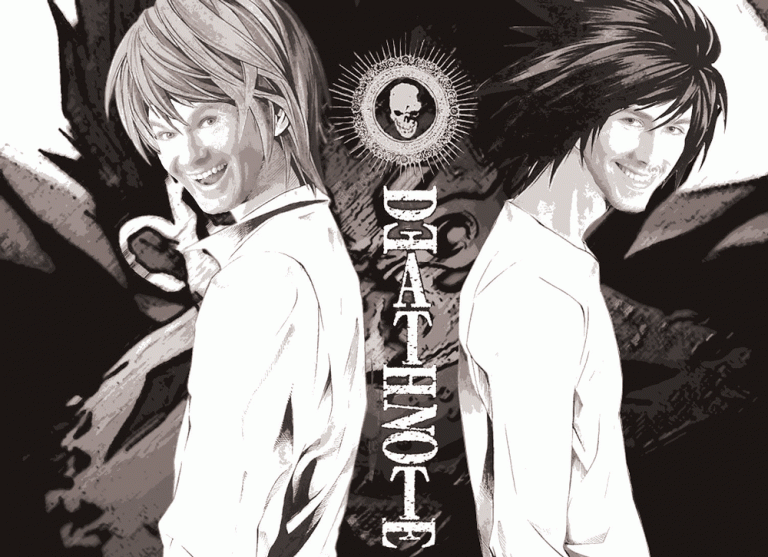
Kin Ho
Staff Writer
In the years since its creation, Tsugumi Ohba’s “Death Note” has become one of Japan’s most classic stories written in the 20th century, an embodiment of Japanese manga culture itself. Since then, the series has circulated over 30 million copies, winning a multitude of awards both in Japan and worldwide, and inspired a revered anime adaptation.
Unfortunately, Netflix’s recent real-life adaptation of the series transforms the original integrity of the manga entirely, warping the racialized preferences of cast as well as shifting the entire scene from Tokyo to Seattle, and even Americanizing the names of characters such as Mia Sutton, who was originally written as Misa Asame in the 2006 original.
This is no isolated incident. From “Argo’s” Tony Mendez to “Pan’s” Tiger Lily to “Prince of Persia’s” Dastan to “Aloha’s” Ng, whitewashing has been a phenomenon prevalent in the casting practices of the Hollywood film industry.
Ethnic minorities have long felt the brunt of the whitewashing of roles, as white actors have historically been cast in non-white roles.
The progressive half of the internet has been voicing its outrage for months since the trailer for “Ghost in the Shell” was released, starring Caucasian Scarlett Johansson playing a Japanese character.
Since her leading debut on ABC’s hit series “Fresh Off the Boat,” Constance Wu has become one of television’s most visible Asian actresses. Wu’s voice has since then emerged as one of the most critical against the whitewashing of Asian actors in film and television, advocating heavily for diversity both in front of and behind the camera.
Wu has taken to social media platforms such as Instagram and Twitter, using her large fan base to question the systemic effects of racial casting in Hollywood.
“A lot of people’s visions of who they think looks like their hero is rooted in systemic racism,” Wu said in April. “I don’t think it is bad for them to be challenged to think outside their boxes … I don’t think it will reduce their work for them to think, ‘What if I cast this person as a Latina?’”
In the face of consistent opposition from Asian-American and online communities, why do these casting decisions continue in 2017?
The common excuse for the prevalence of white actors being cast in other ethnic roles is the lack of members from those ethnicities with the necessary star power to carry a big-budget movie. However, with fewer and fewer opportunities for Asian actors to become stars, this turns into a self-fulfilling prophecy.
Could this be more than just simply a matter of fame? Is it an ideological problem rooted in the social construction of American filmmaking? Has it become a collective mindset that diminishes the humanity of ethnic minorities, assuming and exacerbating white audience’s inability to connect with characters of other races?
With Lucy Liu’s characterization of the stylish Joan Watson in “Elementary,” the romantic appeal of Josh Chang in “Crazy Ex-Girlfriend,” and even Steve Yeun as the hero of the people in NBC’s “The Walking Dead,” there have clearly been strides made by Asian-Americans to prominence in the world of filmmaking.
Netflix’s “Death Note” is a leap in the opposite direction.
When Hollywood pays attention to one of the most iconic works of Japanese science fiction by choosing to portray a predominantly white cast in clearly Asian roles, it’s a big hit to the Asian community. They have responded with a new rage.
















